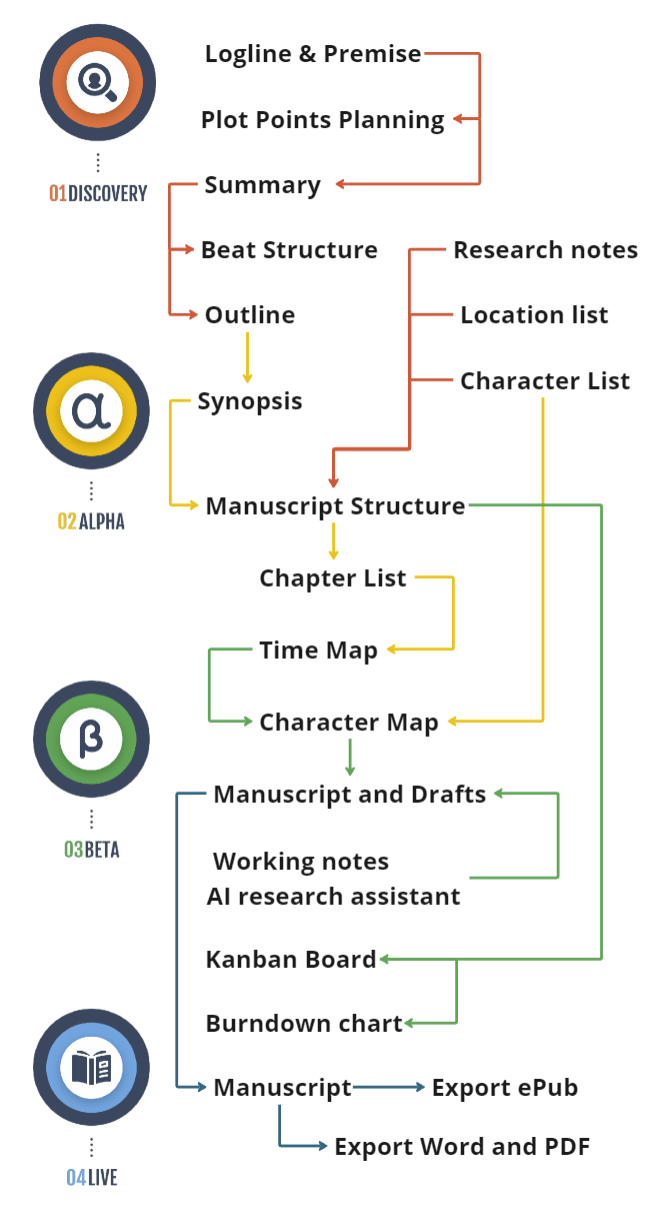When you step on the scale, you measure weight. When you look at your bank account, you measure money. But in writing, the metrics for success can be less obvious—and often misleading. Some authors obsess over word counts, while others chase likes and shares. Yet measuring the right data can uncover what truly moves you forward. After all, a best-selling novel might have started as a scribbled freewrite of 200 words a day, and a blog that changes thousands of lives might have just a handful of dedicated readers at first. So, what should you really be measuring?
In the writing world, typical measurements include word count, daily writing streaks, number of followers, or sales figures. While these metrics have value, they can also distract you from deeper forms of growth, like improved storytelling techniques, increased emotional resonance, or stronger connections with your audience. The key lies in recognizing that “success” is multifaceted. Sometimes, the intangible gains—like confidence or a bolder creative vision—don’t fit neatly into a spreadsheet but matter just as much, if not more.Any writer who finds themselves anxious about deadlines, stats, or perceived progress can benefit from redefining their metrics. This includes novelists juggling large word counts, bloggers feeling pressured to pump out daily content, and poets who rarely see large-scale sales. Even established authors with impressive track records might fall into the trap of chasing external validation instead of focusing on sustainable growth.
- Set Purposeful Goals: Before you decide on metrics, clarify what you genuinely want from your writing. Are you writing for personal fulfillment, community impact, or commercial success? Each goal might require a different form of measurement.
- Pick Qualitative Aspects: Track less-tangible elements, like how deeply you explored a character’s backstory, how your prose style evolved, or how readers have emotionally responded. A simple journal entry or monthly self-review can capture this.
- Limit the Vanity Metrics: Yes, followers and likes can matter, but they’re not the end-all. Balance them with broader indicators of engagement, like comments, emails from readers, or personal testimonials.
- Experiment & Reflect: Try new writing habits or methods, then ask: Did this improve my flow? My productivity? My enjoyment? Qualitative self-awareness can be more valuable than logging every minute spent at your desk.
- Celebrate Incremental Wins: A single chapter polished to near-perfection might be more meaningful than 10,000 messy words that only add to your stress. By shifting your focus to what truly counts for you, you build a positive feedback loop that encourages steady growth.
Fixating solely on numerical benchmarks can lead to burnout or disillusionment, especially if success doesn’t arrive as quickly as you’d hoped. On the other hand, holistic metrics—like heightened creativity, reader satisfaction, or personal fulfillment—provide a sense of accomplishment that sustains you over the long haul. Recognizing these subtler forms of progress keeps you in love with the craft itself, reducing the likelihood of quitting when external measures (like sales or social media attention) falter.
This week, redefine how you measure success in your writing life. Pick one non-traditional metric—maybe improved dialogue or deeper connection with readers—and track your progress over the next month. Notice how this shift in perspective changes both your writing process and your sense of accomplishment. What will you measure differently today?



